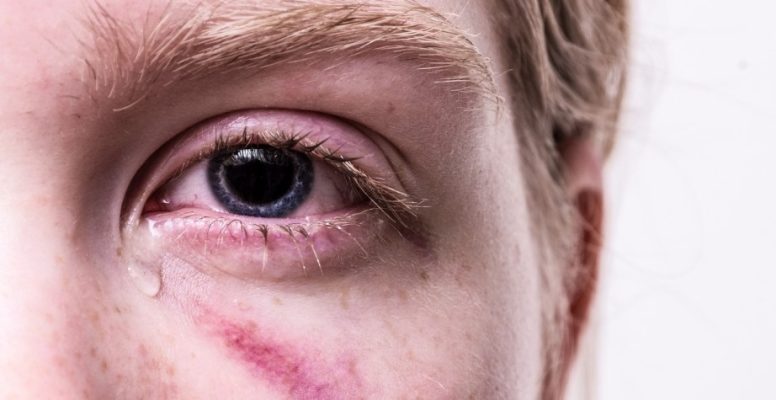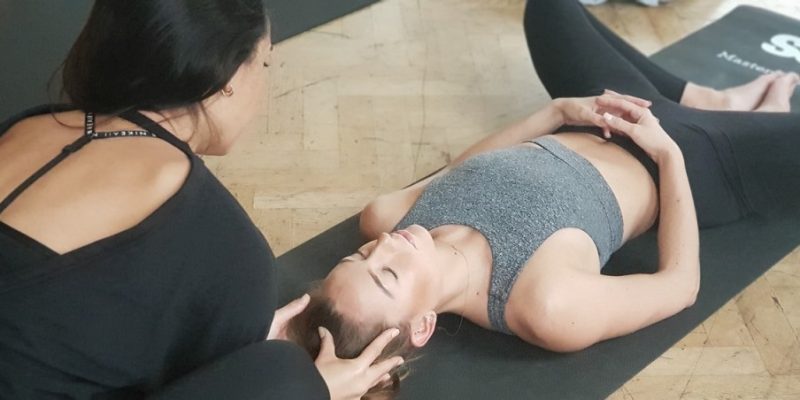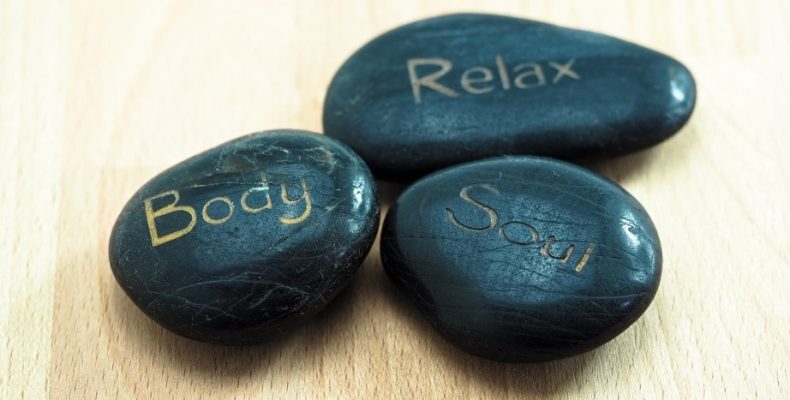
Sensorimotor Psychotherapy™ is a form of Somatic Psychotherapy that was developed by Pat Ogden. The modality is influenced by neuroscience, attachment theory, cognitive and somatic approaches, Hakomi Experiential Psychotherapy, and Wilhelm Reich’s work about Character and Body Armoring.

Dr. Ogden, who co-founded the Hakomi Institute, later founded her own school, which today is known as the Sensorimotor Psychotherapy Institute (SPI).
Sensorimotor Psychotherapy aims at healing the disconnection between body and mind and resolving the limitations of physical, emotional, and mental behavior caused by trauma. Such limiting behavior may express itself in certain bodily postures, muscular tensions, or “tics,” or feelings of anxiety, isolation, depression, and helplessness, and so on.
The modality focuses on the client’s bodily experiences as a door to awareness and improved mental health. The core concept is that uncompleted and unresolved traumatic experiences may become trapped within the body, sometimes even without knowledge of the individual of their trauma.
Typically, Sensorimotor therapists help people to safely re-experience and recognize the physical sensations associated with a traumatic event, while further guiding them in uncovering unconscious physical and psychological behaviors and habits. In addition, clients are helped to “complete” their response to a given traumatic experience (for instance, “fight” or “flight,” instead of “freeze” in a certain situation), which can give them the much needed “closure.”

The therapy uses mindfulness techniques in order to becoming fully aware of both the physical and psychological sensations and responses to emotions, and gives clients tools and techniques that can support them in changing inappropriate or inadequate responses and behavior.
As a whole, Sensorimotor Psychotherapy supports people in developing a greater sense of control over their responses to trauma triggers, becoming increasingly aware of the body-mind connection, and learning to differentiate between past and present.
The modality can particularly benefit people who have issues or difficulties with anxiety, upsetting thoughts, unwelcome body sensations, out-of-place emotional reactions, enjoying life, post-traumatic stress (PTSD), relationship related wounds, or maintaining a job, friendships and other relationships, among others.















